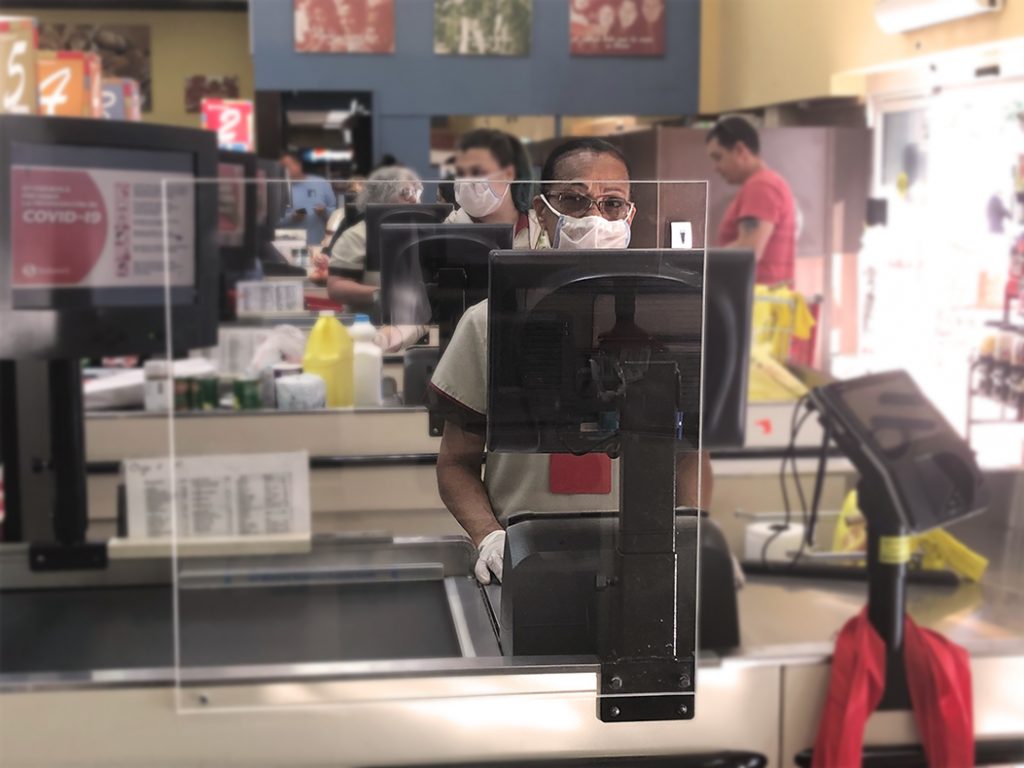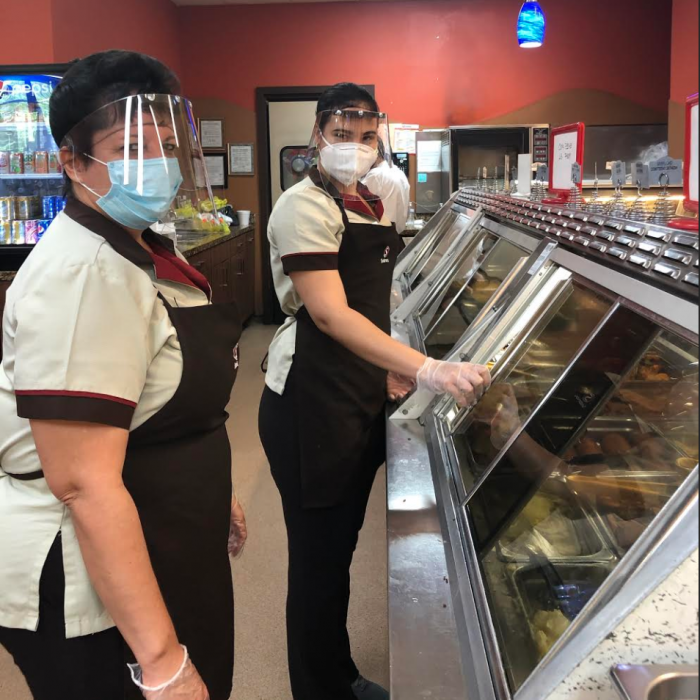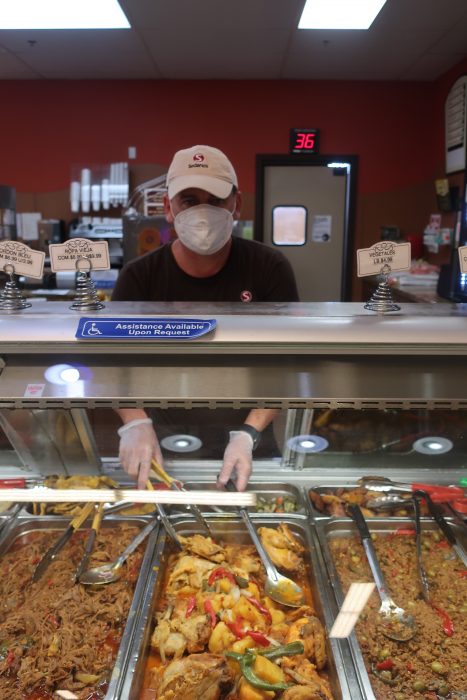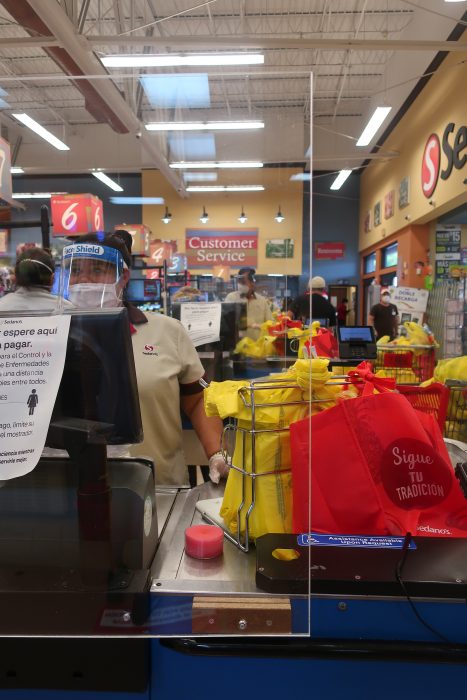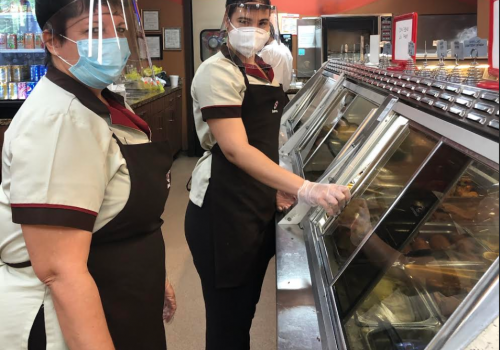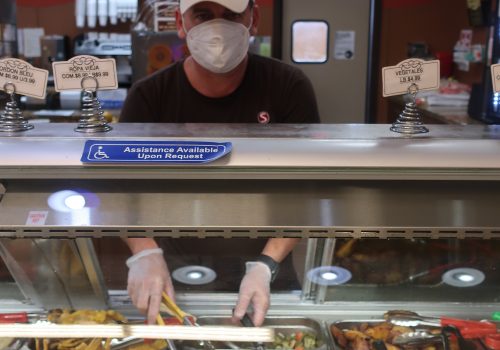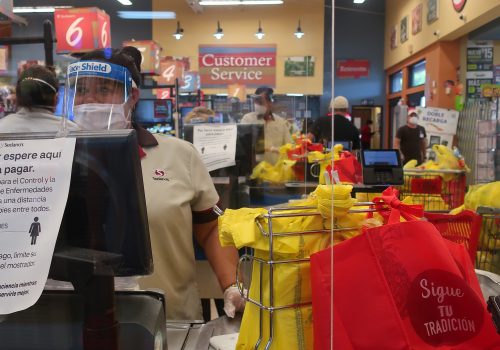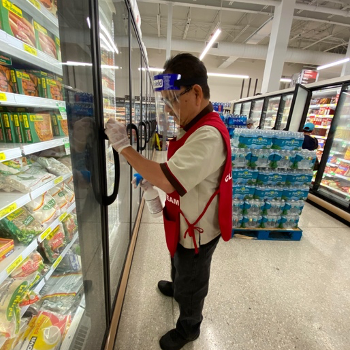In crisis, social connectedness brings communities together and through that crisis, they emerge stronger and more resilient. As COVID-19 has required communities worldwide to stay home and away from their corner cafes and neighborhood eateries, the hospitality industry—namely restaurant workers—has been hugely impacted. In the U.S. alone, 11 million independent restaurant employees are out of work.
Miami’s famous Versailles, an institution serving Cuban fare for nearly fifty years, has been forced to close its dining rooms, leaving its team members without jobs and any certainty of when the restaurant might reopen. The same can be said for staff and management at the iconic La Carreta, which has nine outposts across the community, and hundreds of others who serve and feed Miami’s residents as well as almost 17 millions tourists every year.
While restaurants have shuttered, grocery stores have had to open their doors wider, so to speak, and their employees are not only deemed “essential,” but are needed to be unwavering in the face of this crisis. For residents of Miami—and any community that has experienced crises or natural disasters—grocery stores are always essential and always open. They make it possible for residents to stock up on nonperishables and other necessities to weather whatever storm comes their way – and the COVID-19 crisis is no different.
To deal with increased demand, grocery stores have begun hiring additional staff by the thousands and installing physical barriers and distancing guidelines to protect these frontline workers. In addition to keeping their staff safe, they are keeping customers safe too – many neighborhood grocers have introduced designated times for seniors to visit and shop, so their exposure is reduced.
Back in Miami, less than five minutes away from Versailles, you can find a Sedano’s Supermarket – in fact, you can find at least five of them within a five-mile radius. As the leading Hispanic grocery chain in the country, Sedano’s is an iconic brand in Miami. In the wake of COVID-19 reaching their markets, they too had a surge in hiring. Thanks to a close-knit community of locally-owned and operated businesses, and a partnership with a savvy, also locally owned and operated advertising agency, a solution was born. The ad agency Republica Havas learned that its clients, Versailles and La Carreta, were forced to let go of hundreds of employees due to restaurant closures, and that Sedano’s Supermarkets, also a client, was in desperate need of staff. After connecting these three Miami landmarks, an unexpected and inspiring partnership began, as well as a more hopeful and certain future for many jobless restaurant workers.
Sedano’s has committed to hire up to 400 La Carreta and Versailles restaurant employees to staff its South Florida supermarkets. As Javier Herrán, chief marketing officer at Sedano’s Supermarkets describes it, “This collaboration reflects who we are as companies in our community. During difficult times, local businesses and communities need to support one another.”
In these unprecedented times, this partnership will provide livelihoods to the furloughed restaurant staff as well as additional essential support to these grocery stores. The newly hired former restaurant workers bring more than a tireless work ethic. They also bring back-of-house culinary skills and deep experience interacting with customers.
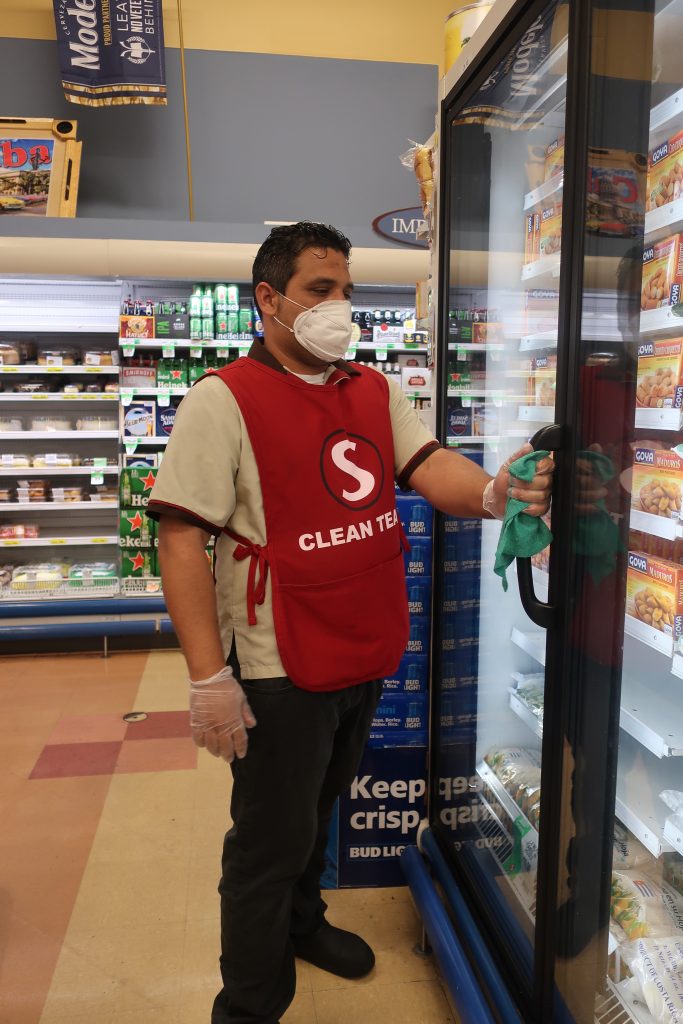
“In reality, this was a big opportunity for me – to begin working here in the collaboration between Sedano’s and La Carreta. I’ve taken several different positions here so far,” says Alyn Fleites, a newly hired member of the Sedano’s Clean Team. “Sanitation is extremely important given what’s transpiring in the city of Miami [due to COVID-19]. I’m proud of what I’m doing and thankful to Sedano’s for their leadership,” says Mr. Fleites.
“Grocery store associates are the unsung heroes of this pandemic. We’re doing more than selling groceries right now—we’re keeping communities alive.”
Miami is not the only city that has embraced community-driven solutions and partnerships during this pandemic. Every day, it seems, more local food providers—grocers, and restaurants who can maintain operations—are stepping up to meet community needs at a time when even online and bigger box stores are too busy to meet demand.
In San Antonio, Texas, Mexican restaurant Mi Tierra has pivoted to selling groceries, stocking toilet paper alongside panes dulces. H-E-B, a beloved grocery store chain in Texas, has an emergency preparedness team focused on preparing for community needs during crises such as Hurricane Harvey in 2017. Like Mi Tierra, H-E-B is using their stores as a platform for selling meals from local eateries to keep the hospitality businesses afloat.
At a time of uncertainty and physical distancing, we can depend on our corner stores, our local grocers, and the resilient people who keep them running. As Javier Herrán of Sedano’s Supermarkets puts it, “It’s not about one act of kindness. How do we help each other keep helping each other? That’s the approach we need to take.”
Let us use our social connectedness, at a safe distance, to continue to bring communities together. Through it all, we can come out on the other side closer and stronger.
This is a new project from the Atlantic Council’s Adrienne Arsht-Rockefeller Foundation Resilience Center and the Digital Forensic Research Lab.
Share your #ResilienceStories and videos with us at resilience@atlanticcouncil.org and join us in sharing on social media: @atlanticcouncil, @ArshtRock, @DFRLab.
Subscribe to Stories of Resilience
Subscribe here for weekly stories, which will bring inspiration, optimism and solutions centered around people and our shared human experience in times of pandemics, migration, disasters and a changing climate.
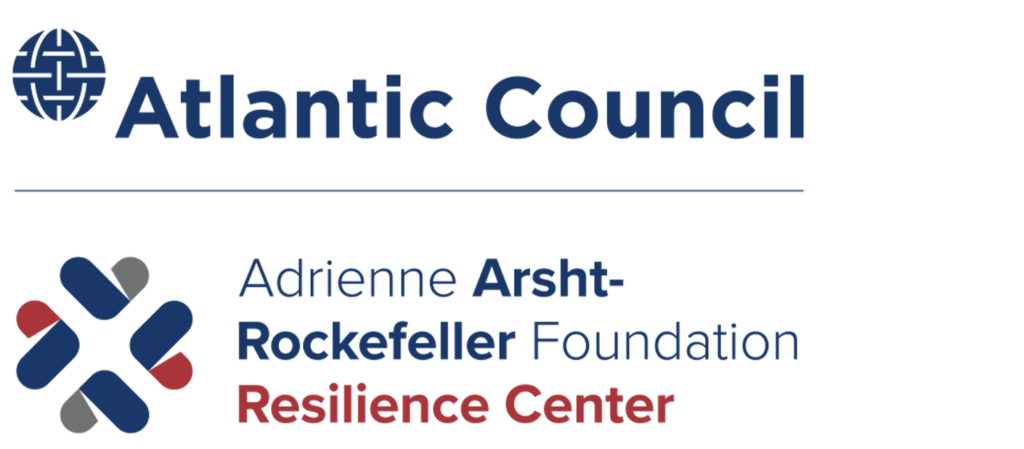
The Adrienne Arsht-Rockefeller Foundation Resilience Center will reach one billion people with resilience solutions to climate change, migration, and security challenges by 2030. We will focus our efforts on individuals, communities, and a broad spectrum of governments and institutions to help them, and their constituencies and stakeholders, better prepare for, navigate, and recover from shocks and stresses. We will help build a more resilient world.
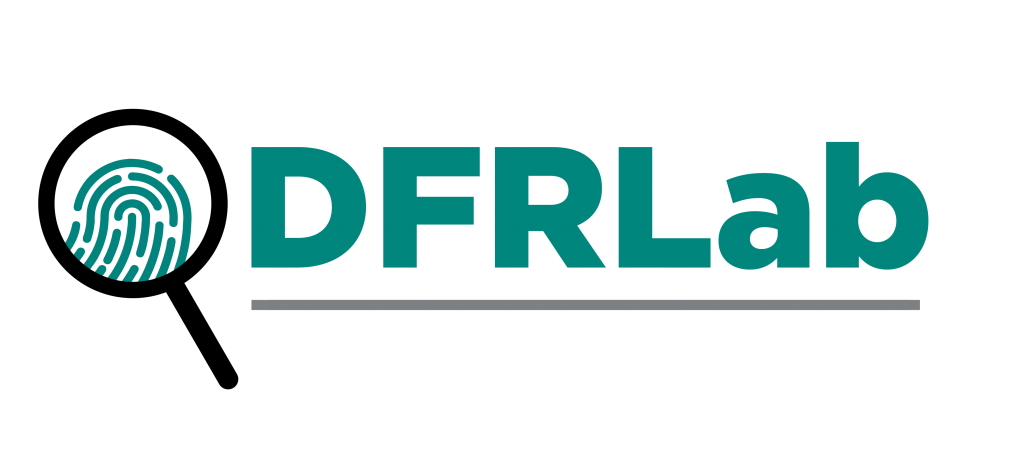
The Atlantic Council’s Digital Forensic Research Lab (DFRLab) has operationalized the study of disinformation by exposing falsehoods and fake news, documenting human rights abuses, and building digital resilience worldwide.
Image: Sedano's Supermarkets cashier behind plexiglass
